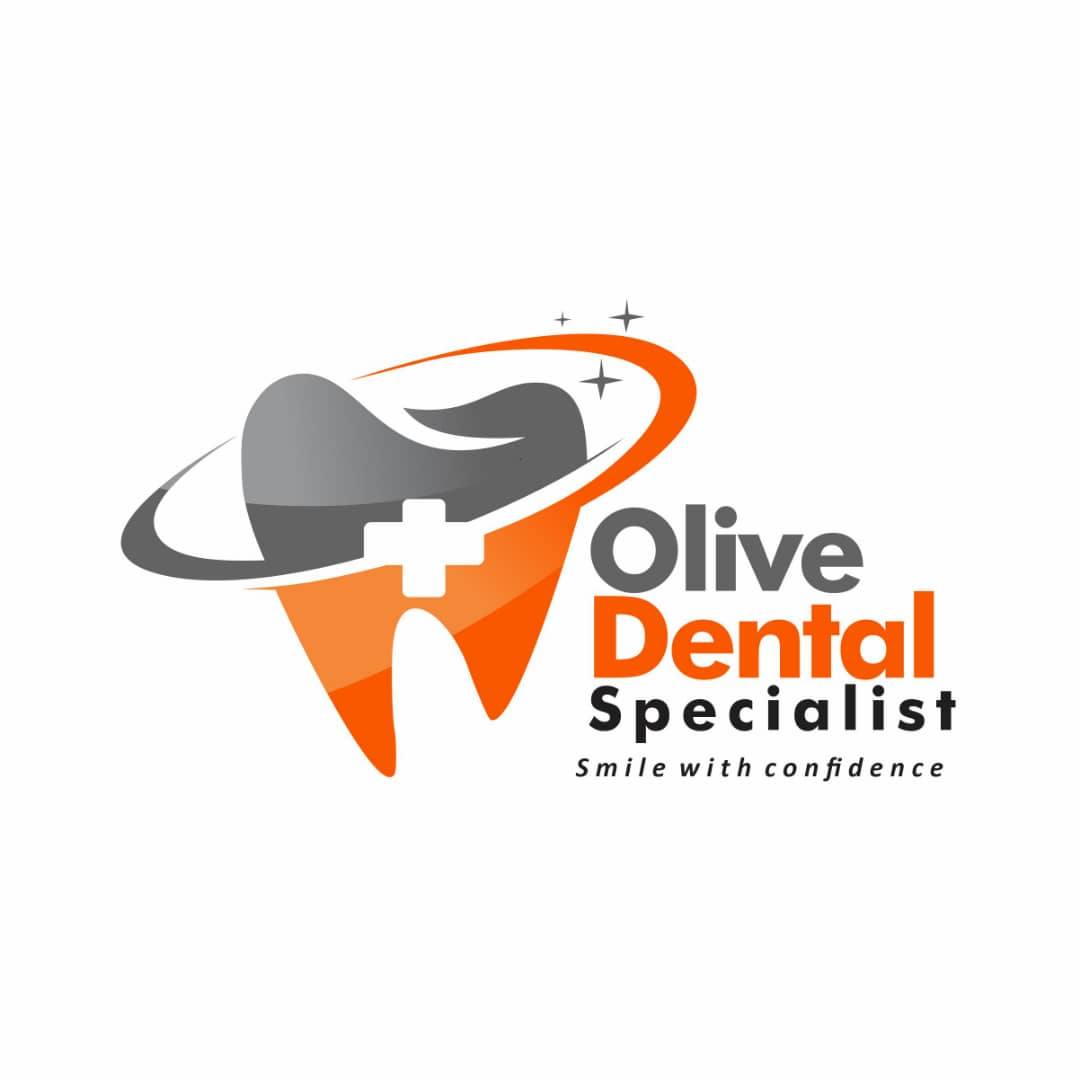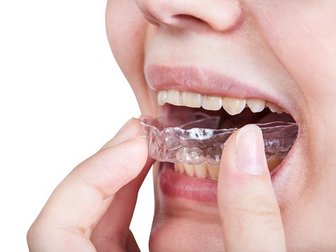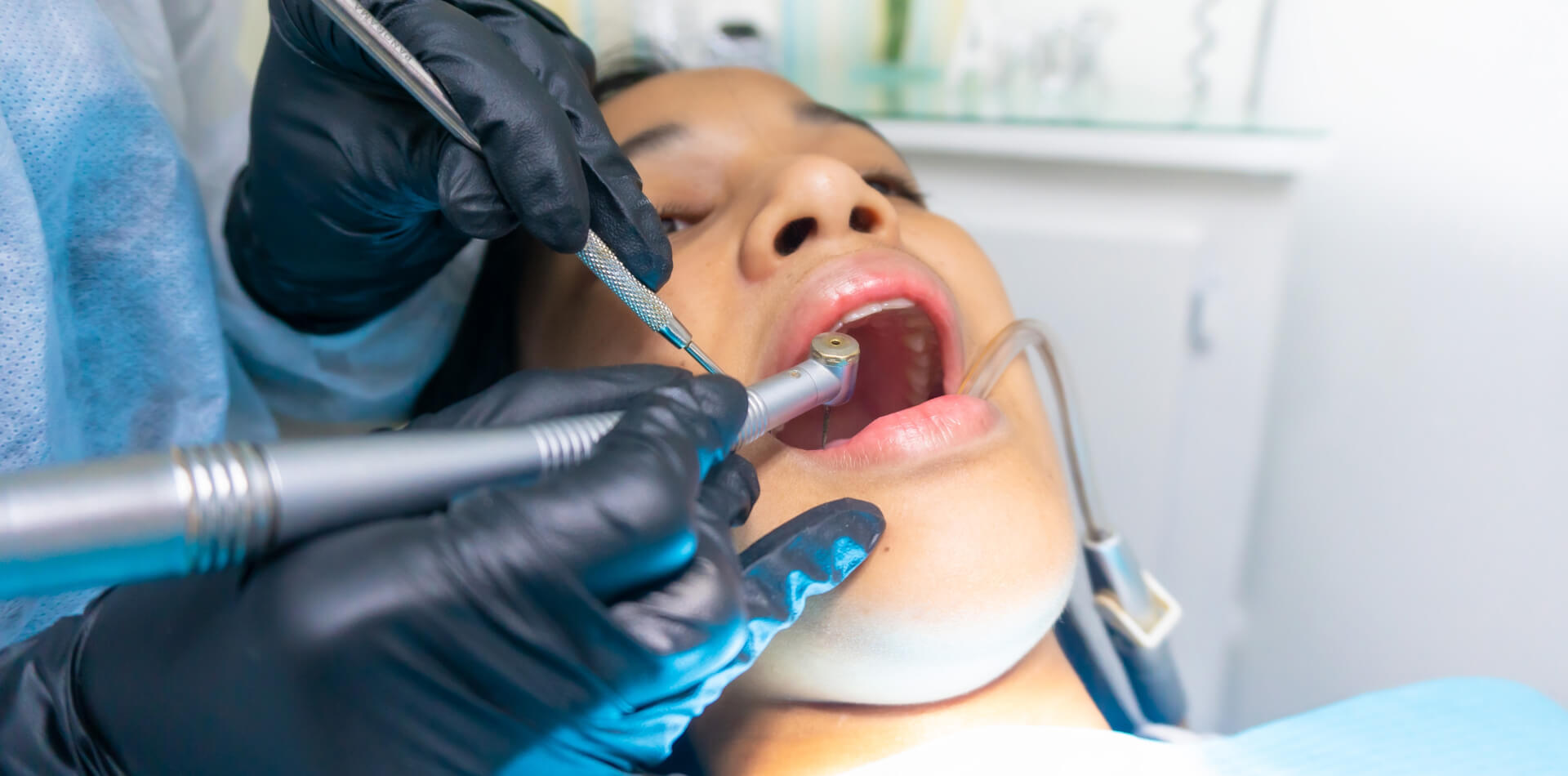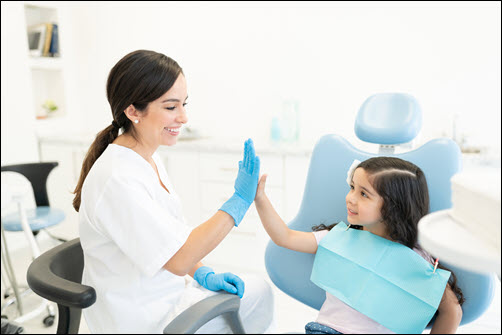Teeth grinding, medically referred to as bruxism, is a condition that often flies under the radar until significant damage has already occurred. Both adults and children can experience it, and when left untreated, it can lead to serious dental and health complications. Our commitment is to provide comprehensive dental solutions that enhance both oral health and confidence, and that begins with educating you about conditions like bruxism. Understanding its causes, symptoms, consequences, and treatments is key to preserving your smile and overall wellbeing.
What Is Teeth Grinding (Bruxism)?
Teeth grinding, or bruxism, is a condition where individuals unconsciously grind, clench, or gnash their teeth. This can happen during the day (awake bruxism) or at night while sleeping (sleep bruxism or nocturnal bruxism). Sleep bruxism is considered a sleep-related movement disorder and often coexists with other sleep disorders such as sleep apnea or snoring.
Although occasional teeth grinding does not typically cause harm, persistent and chronic grinding can lead to a range of problems, including fractured teeth, tooth loss, jaw disorders, and even significant facial pain.
In many cases, individuals are unaware they suffer from bruxism until complications develop or a dentist notices the signs.
What Causes Teeth Grinding?
There is no single cause of bruxism. Instead, it often results from a combination of physical, psychological, and genetic factors. Some of the most common causes include:
- Stress and Anxiety: One of the primary triggers for bruxism is emotional stress. People under pressure, experiencing anger, frustration, or anxiety, often subconsciously grind their teeth.
- Sleep Disorders: Conditions such as sleep apnea, snoring, and other sleep disturbances are closely linked to bruxism. The body’s response to interrupted breathing during sleep can result in teeth grinding.
- Dental Problems: An abnormal bite, missing teeth, or crooked teeth can contribute to bruxism by causing misalignment of the jaw and uneven distribution of biting forces.
- Lifestyle Factors: Smoking, heavy alcohol consumption, caffeine intake, and the use of certain recreational drugs have been linked to an increased risk of teeth grinding.
- Medical Conditions: Neurological diseases such as Parkinson’s disease, dementia, gastroesophageal reflux disorder (GERD), and certain types of epilepsy can trigger bruxism.
- Medications: Certain antidepressants, antipsychotics, and other psychiatric medications can cause side effects including teeth grinding.
Due to the range of possible causes, diagnosing bruxism typically requires a thorough evaluation from a dental professional, and sometimes coordination with a physician or sleep specialist.
Signs and Symptoms of Teeth Grinding
Identifying bruxism early is crucial to preventing long-term damage. Here are the most common signs and symptoms:
- Jaw Pain and Tightness: Patients often wake up with sore or stiff jaw muscles. Prolonged grinding places intense pressure on the temporomandibular joints (TMJ), leading to discomfort.
- Tooth Damage: Cracks, chips, and flattening of the chewing surfaces of the teeth are all signs of prolonged grinding. Dental fillings and crowns can also become loosened.
- Tooth Sensitivity: As enamel wears down, teeth become more sensitive to hot, cold, or sweet stimuli.
- Headaches: Frequent tension headaches, particularly those that begin at the temples, are common among bruxism sufferers.
- Earaches: Pain may radiate from the jaw to the ears, even when there is no actual ear infection.
- Facial Pain: Chronic grinding can lead to significant facial discomfort and muscle fatigue.
- Disturbed Sleep: Individuals may experience poor quality sleep or wake themselves and their partners with the noise of grinding.
Noticing any combination of these symptoms warrants a prompt consultation with a dental expert.
How Teeth Grinding Affects Oral Health
When left untreated, bruxism can result in severe oral health complications. Prolonged grinding can wear down tooth enamel, making teeth more vulnerable to decay, fractures, and loss.
As the teeth wear down, the pressure on the supporting structures increases, leading to gum recession and tooth mobility. Jaw problems can become severe enough to cause temporomandibular joint disorder (TMJ), resulting in chronic facial pain and restricted jaw movement.
In extreme cases, the cumulative force exerted during grinding can cause significant changes to facial structure, giving the face a sunken or aged appearance. Repairing the damage often requires extensive dental restoration, including crowns, bridges, root canals, or even dentures.
How to Treat Teeth Grinding
The primary goals of treating bruxism are to reduce symptoms, prevent permanent damage to the teeth and jaw, and address the underlying causes. Treatment approaches can vary depending on the severity and root cause but generally include the following:
Stress Management
Since stress and anxiety are major contributors to bruxism, managing stress can significantly alleviate symptoms. Techniques include:
- Counseling and Therapy: Cognitive-behavioral therapy (CBT) can help individuals manage stress, anxiety, and anger effectively.
- Relaxation Techniques: Practices such as deep breathing exercises, meditation, progressive muscle relaxation, and yoga can promote calmness and better sleep.
- Lifestyle Modifications: Prioritizing rest, avoiding caffeine and alcohol especially before bedtime, and maintaining a consistent sleep schedule can enhance overall health and reduce nighttime grinding.
Jaw Muscle Exercises
Strengthening and relaxing jaw muscles can help reduce the tendency to grind teeth. Recommended exercises include:
- Jaw Stretching: Gentle jaw-opening stretches can improve flexibility and reduce muscle tension.
- Smile Stretch: This simple exercise involves smiling as widely as possible without feeling pain and then holding the stretch to relieve muscle stiffness.
- Warm Compress Therapy: Applying a warm, moist cloth to the sides of the face can ease jaw tension.
Dental Interventions
Dental solutions play a vital role in managing bruxism:
- Mouth Guards and Splints: Custom-fitted nightguards cushion the teeth and prevent them from grinding against each other during sleep. These devices are designed to fit comfortably and protect teeth from excessive wear.
- Orthodontic Corrections: If misaligned teeth are causing bruxism, corrective dental procedures such as braces or reshaping tooth surfaces (occlusal adjustment) can help restore a balanced bite.
- Restorative Dental Work: Severely damaged teeth may require crowns, bonding, or veneers to restore structure and function.
We are dedicated to providing comprehensive dental solutions that address not just the symptoms, but also the root causes of oral health conditions like bruxism. Through personalized treatment plans, we aim to enhance both your oral health and self-confidence.
Behavioral Strategies and Habit Reversal
For those who grind their teeth while awake, behavioral techniques can be very effective. Patients are taught to:
- Be aware of their jaw position throughout the day.
- Keep their lips together but teeth apart.
- Place the tongue gently against the roof of the mouth to avoid clenching.
Habit-reversal therapy involves tracking grinding episodes and learning alternative responses to stress and anger triggers.
Medical and Pharmacological Treatment
In rare and severe cases, medications may be recommended, including:
- Muscle Relaxants: Short-term use before bedtime can help reduce muscle activity.
- Botox Injections: These may be considered for patients with severe bruxism who do not respond to other treatments.
However, medication is usually reserved for the most persistent and damaging cases and should be overseen by a medical professional.
Preventive Tips for Managing Bruxism at Home
Simple habits can go a long way in managing or preventing teeth grinding:
- Limit Stimulants: Avoid caffeine and alcohol, especially in the evening.
- Establish a Bedtime Routine: Create a calming environment by avoiding screen time, heavy meals, and bright lights before bed.
- Physical Activity: Regular exercise can help reduce stress levels.
- Sleep Hygiene: Aim for 7-9 hours of quality sleep per night to minimize sleep-related bruxism.
- Stay Hydrated: Dehydration can exacerbate muscle cramps and tension, including jaw muscles.
By integrating these practices into daily life, patients can support their professional treatments and protect their dental health.
Conclusion
Teeth grinding may seem like a minor nuisance at first, but if left unaddressed, it can cause serious damage to teeth, jaws, and overall health. Understanding the signs, causes, and treatment options for bruxism is the first step toward protecting your smile.
At Olive Dental Clinic, we are dedicated to providing comprehensive, tailored dental solutions that enhance your oral health and restore your confidence. Whether you are currently experiencing symptoms of teeth grinding or seeking preventive care, we are here to help you every step of the way with expert knowledge, compassionate care, and cutting-edge treatments.
If you suspect you might be grinding your teeth, do not wait until the damage becomes irreversible. Reach out to schedule an appointment today and take proactive steps toward a healthier, more confident you.



